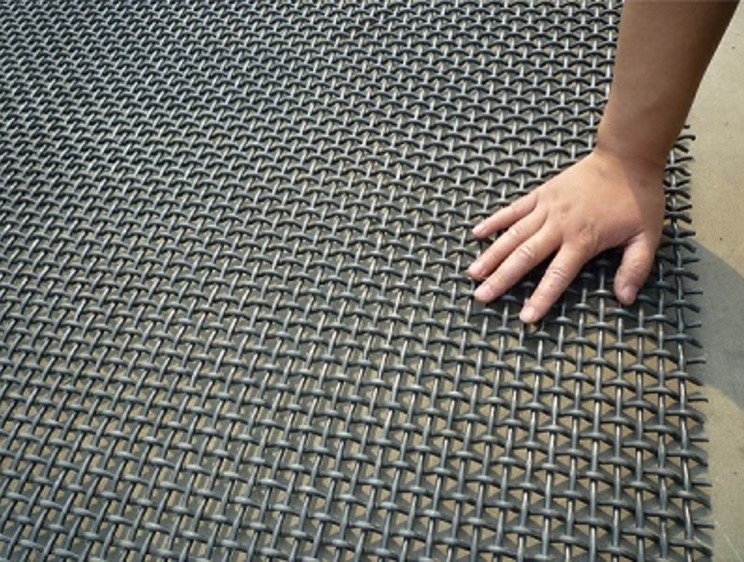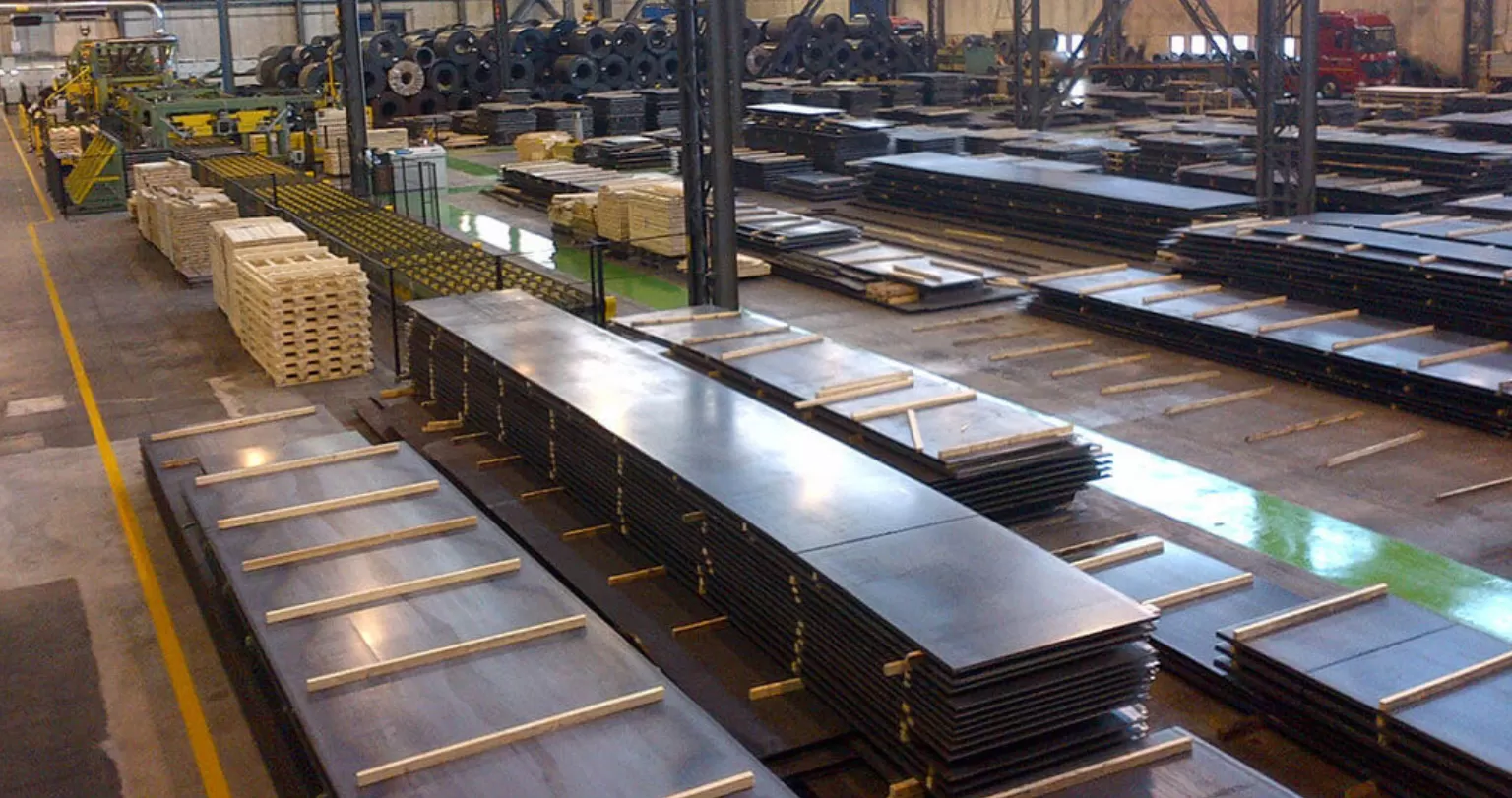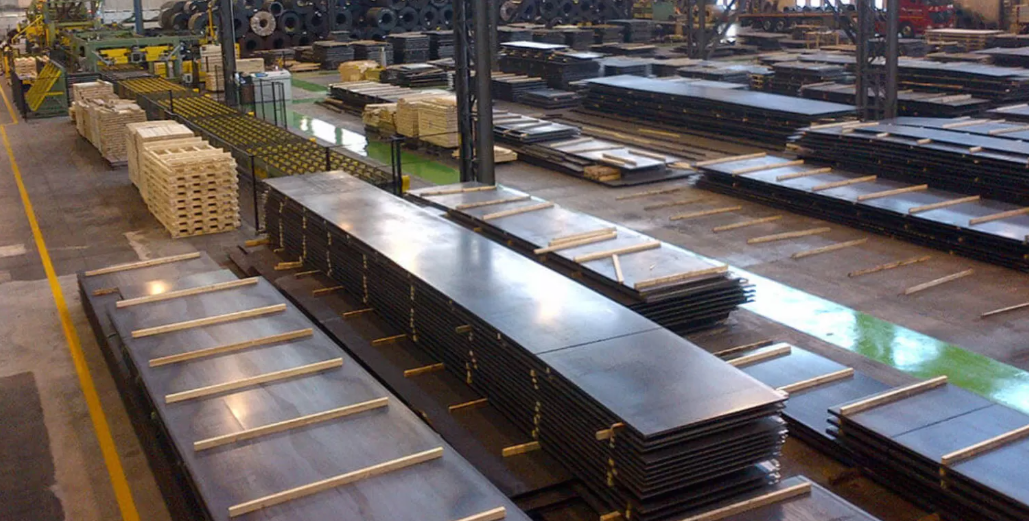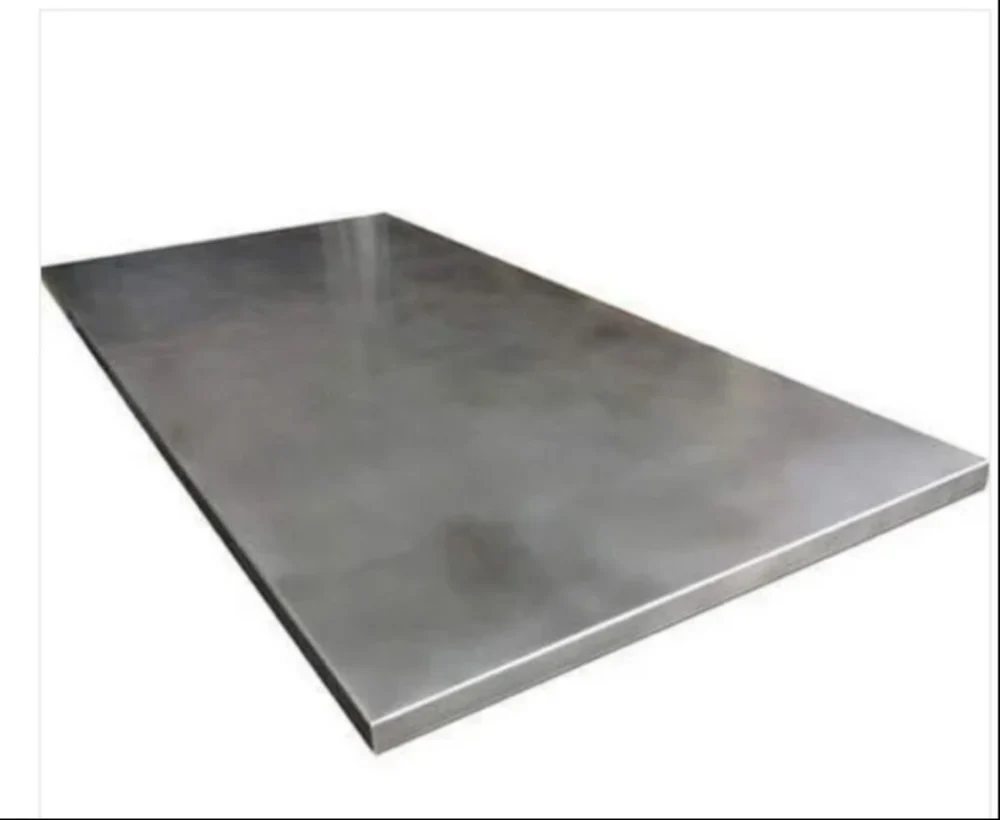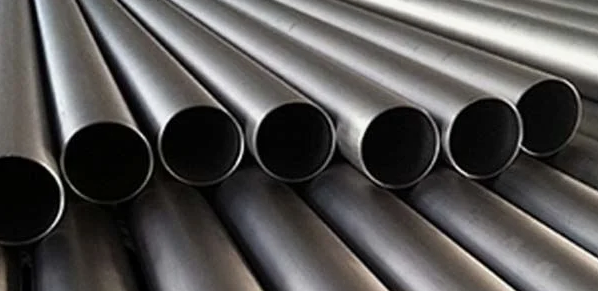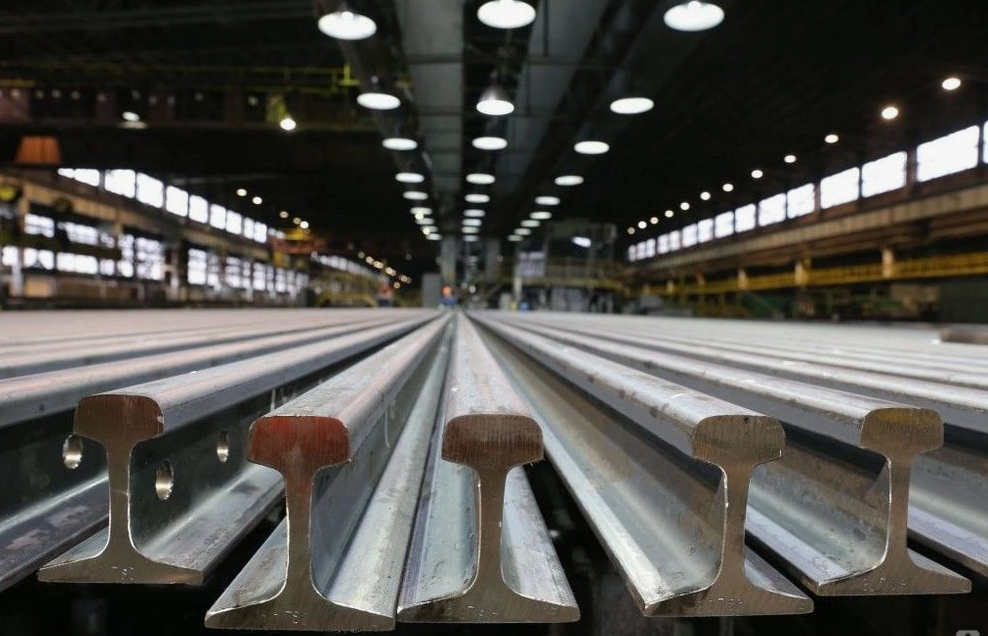Sieving is an essential process in the chemical industry, and it is pivotal in separating particles based on size. With advancements in technology and materials, the future of sieving is set to transform the efficiency and effectiveness of chemical processing.
The Evolution of Sieving
Sieving traditionally involves simple mechanical systems with metal screens. However, as the demand for higher precision and efficiency grew, the industry began adopting more advanced materials and technologies. One such innovation is the use of Inconel 600 Wire Mesh. Known for its exceptional resistance to heat and corrosion, Inconel 600 has become a game-changer in high-temperature and aggressive chemical environments.
Benefits of Inconel 600 Wire Mesh
Inconel 600 Wire Mesh offers several advantages over traditional sieving materials. Its durability and resistance to oxidation make it ideal for prolonged use in harsh conditions, reducing the frequency of maintenance and replacements. This not only cuts down costs but also minimises downtime in processing plants.
Additionally, the high mechanical strength of Inconel 600 Wire ensures that the mesh retains its shape and functionality even under heavy loads. This property is particularly beneficial in abrasive particle processes, where conventional materials might wear out quickly.
Technological Advancements in Sieving
Integrating digital technology and automation is another trend shaping the future of sieving. Automated sieving systems equipped with sensors and data analytics capabilities are enhancing precision and efficiency. These systems can continuously monitor particle size distribution and adjust parameters in real-time, ensuring optimal performance.
Moreover, adopting 3D printing technology in manufacturing sieves allows customised designs tailored to specific processing needs. This flexibility in design ensures that the sieves are more effective in handling various materials and can be quickly adapted to new processes or products.
Sustainability and Sieving
As the chemical industry increasingly prioritises sustainability, sieving processes are evolving to become more environmentally friendly. The durability and longevity of Inconel 600 Wire Mesh contribute to this goal by reducing waste generated from frequent replacements. Additionally, advanced sieving systems are designed to be energy-efficient, lowering the overall environmental impact.
Innovations such as closed-loop sieving systems are being developed to further enhance sustainability. These systems recycle and reuse materials, minimising waste and conserving resources. The chemical processing industry can achieve economic and environmental benefits by integrating such sustainable practices.
Future Prospects
The future of sieving in the chemical processing industry appears promising. The continued development of high-performance materials like Inconel 600 Wire and the integration of cutting-edge technologies will drive further efficiency, precision, and sustainability improvements.
Research and development efforts are likely to focus on enhancing the properties of sieving materials to handle even more extreme conditions and refining automated systems for better control and adaptability. Collaboration between material scientists, engineers, and chemical processing experts will drive these advancements.
Conclusion
In conclusion, the future of sieving in the chemical processing industry is set to be defined by innovation and sustainability. The use of Inconel 600 Wire Mesh exemplifies the advancements in materials that are transforming sieving processes, while digital technologies and sustainable practices are shaping a more efficient and eco-friendly industry. As these trends evolve, the chemical processing sector can look forward to a future where sieving is more effective, economical, and environmentally responsible.

